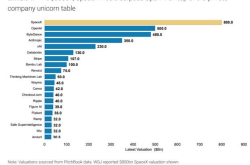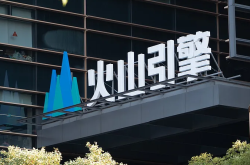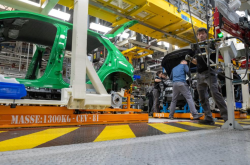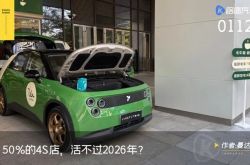No Longer Favoring XPeng! Volkswagen Invests $5 Billion in Tesla's Rival
![]() 06/26 2024
06/26 2024
![]() 535
535
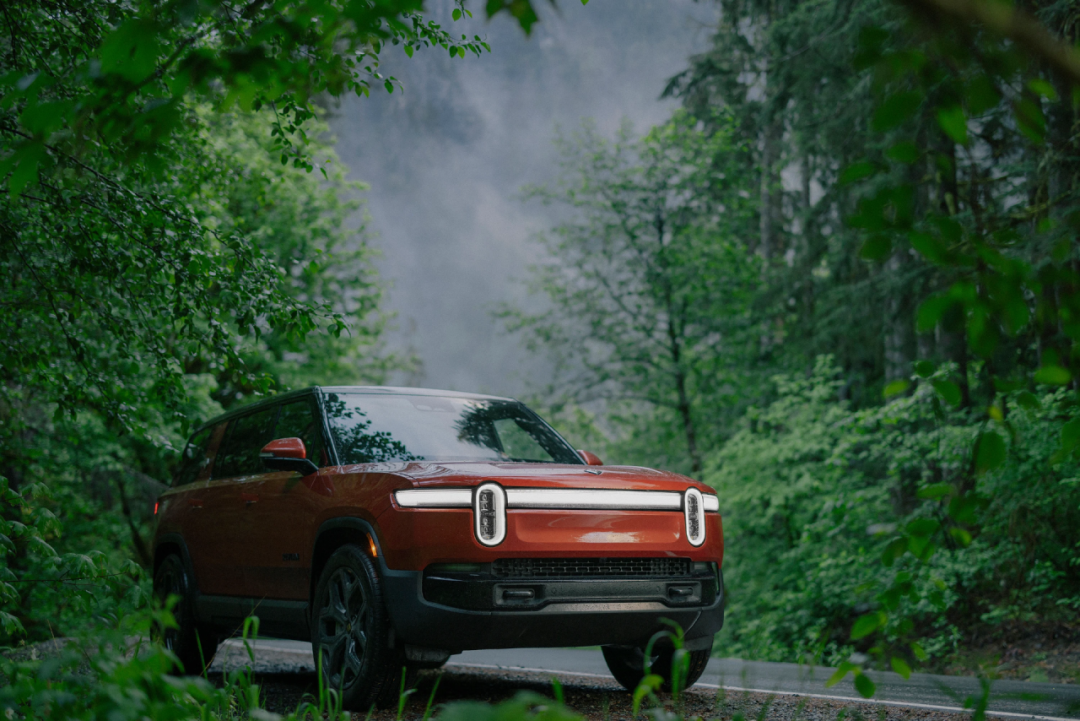
Bigger Stakes, Deeper Collaboration
Author: Qin Zhangyong, Wang Lei
Volkswagen has just spent a huge sum of money, $5 billion, equivalent to 36.3 billion yuan.
The investment target is a new force in American car manufacturing - Rivian Automotive - a formidable rival of Tesla.
This sum of money is a huge amount at any time, and in China, it could almost break the record for the largest single financing in the history of new car manufacturing.
According to the plan, the two parties will establish a new joint venture with equal control and share electric vehicle architecture and software.
After the announcement, Rivian's share price immediately surged 50% in after-hours trading. With this momentum, its market value is likely to increase by nearly $6 billion.
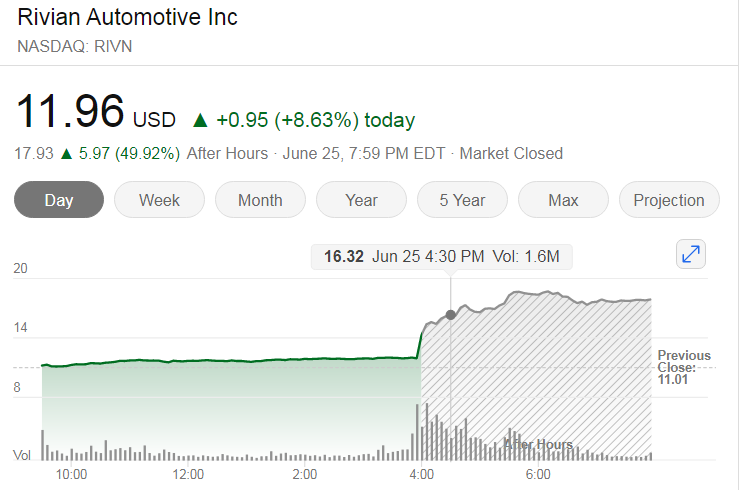
Before this, Volkswagen's shocking investment move in the automotive industry was still the investment in the domestic new force XPeng Motors. At that time, Volkswagen announced plans to invest $700 million (about 5 billion yuan) in XPeng Motors to jointly develop electric vehicles in China, holding approximately 4.99% of XPeng's equity after the transaction was completed.
Now it seems that Volkswagen's capital stake in Rivian is larger, and the collaboration is also deeper.
01 One Needs Money, the Other Needs Technology
Volkswagen's investment is a timely lifeline for Rivian. After all, in Musk's eyes, Rivian is a company that will collapse if it doesn't have money.
According to a statement from the Volkswagen Group, it plans to invest $5 billion in the American electric vehicle startup Rivian Automotive, and the two parties will establish a joint venture, which is expected to be established in the fourth quarter of 2024.
This brand-new company will establish a technology platform based on Rivian's software and electrical architecture, developing the next generation of pure electric vehicles and automotive software. Then Volkswagen and Rivian will use this platform to produce their respective products.
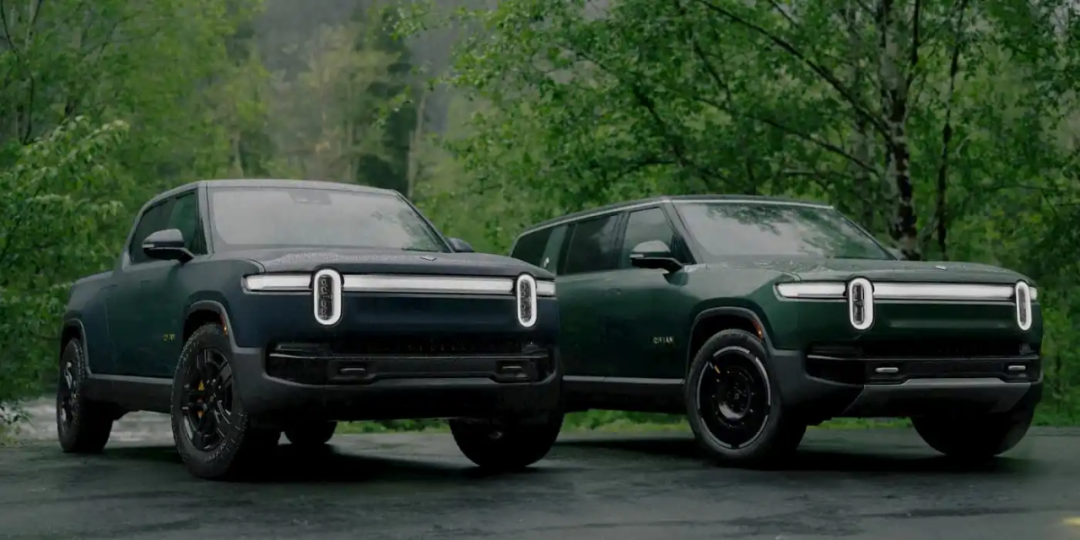
Volkswagen CEO Oliver Blume said that any brand under Volkswagen, including Audi and Porsche, can use the new platform and technology. According to the plan, new models using the joint venture's technology are expected to be launched after 2025.
This collaboration is a win-win situation for both parties. Volkswagen can alleviate the difficulties of its software department to a certain extent and solve previous budget issues. Rivian also stated that the price of its new cars will be cheaper than the current starting price of $70,000 and will license its existing intellectual property to the joint venture.
Interestingly, Blume also said that the current partnership between the two companies originated from a meeting between the two parties at the Porsche customer center, where they bonded over their love for cars, leading to the successful collaboration.
Moreover, Volkswagen's choice of Rivian is not impulsive. Rivian has always been known as the "Tesla Killer" in the United States, and its strength has also been recognized by Musk.
Regarding Rivian, Musk once commented on X, "Their product design is not bad, but what really makes it difficult for an automotive company to make a profit is achieving large-scale production and positive cash flow." In other words, Rivian has solid strength, but lacks money.
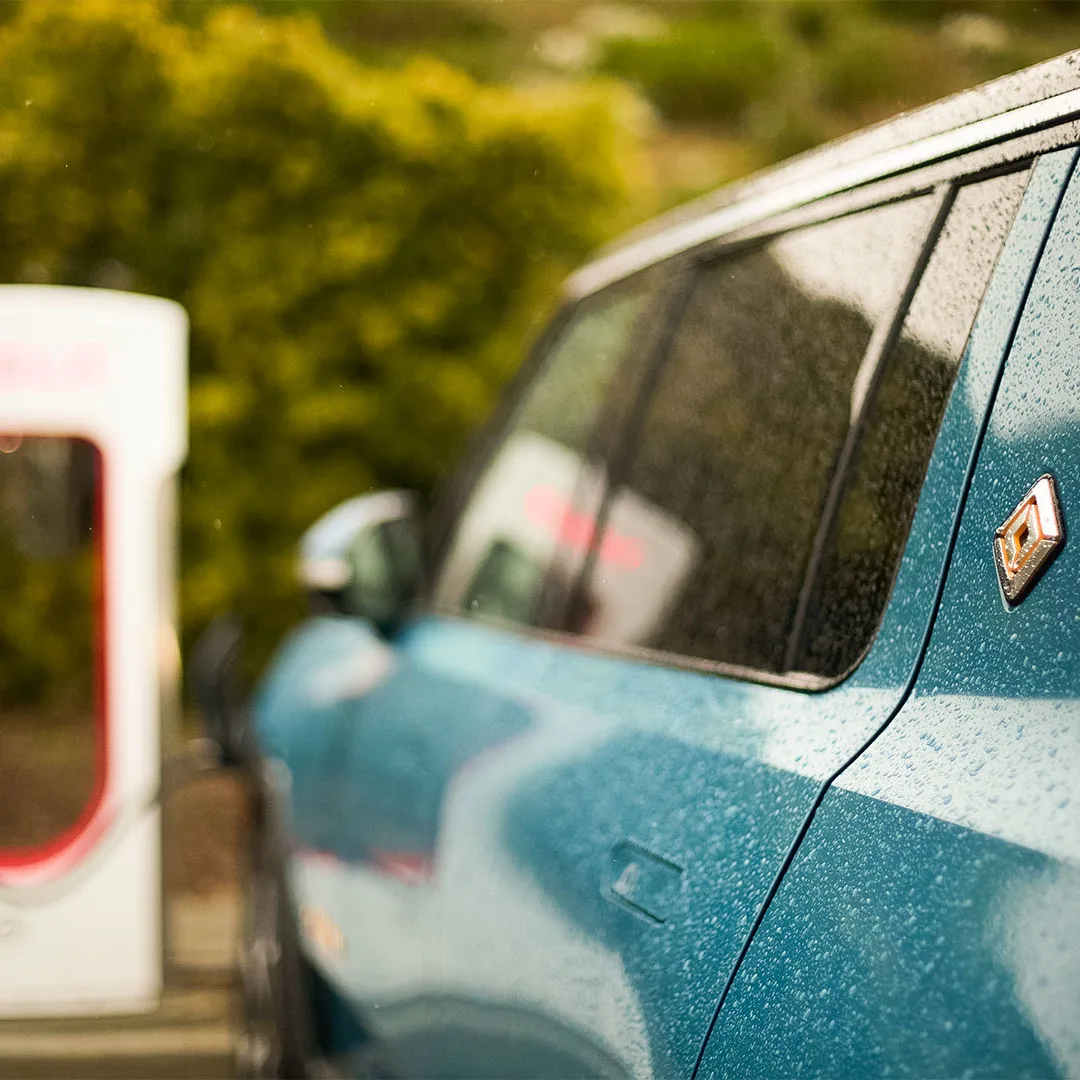
Although Rivian's total revenue in 2023 was $4.434 billion (about 31.896 billion yuan), representing a 167.4% increase compared to 2022 and setting a new high, it has actually been losing money. In 2023, it lost a total of $5.432 billion (about 39.076 billion yuan).
Since its establishment in 2009, Rivian has never achieved quarterly net profit. In the first quarter of this year, Rivian lost $1.5 billion, with each vehicle losing nearly $39,000.
It is worth mentioning that due to lack of funds, Rivian has recently made efforts in production processes, reorganizing its production processes. It removed more than 100 steps from the battery manufacturing process, 52 pieces of equipment from the body shop, and over 500 components from the design of its flagship SUV and pickup trucks, resulting in a production cost reduction of more than 35%.
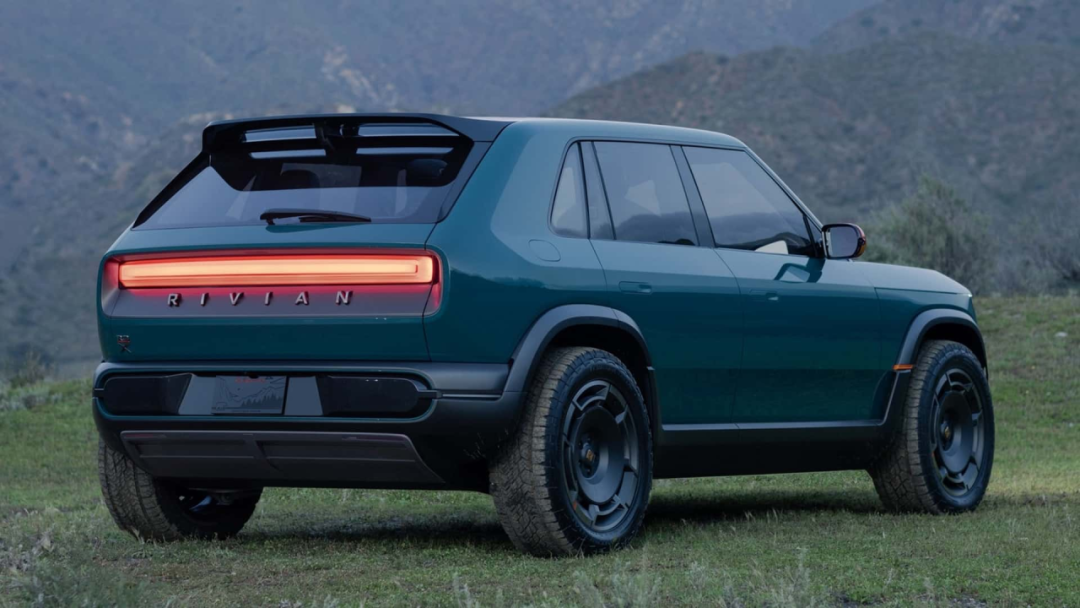
Fortunately, a discerning investor has finally arrived.
According to the agreement between the two parties, the $5 billion investment will not be injected in one lump sum but will be divided into three installments. Initially, $1 billion will be invested immediately, holding Rivian's shares in the form of convertible bonds, which can be converted into company shares after December 1st of this year.
The remaining $4 billion will be used to purchase Rivian's common shares in two batches of $1 billion each in 2025 and 2026, followed by a separate investment of the remaining $2 billion for the establishment of the joint venture, for direct investment in the joint venture's establishment and loans available in 2026.
And the initial $1 billion investment by Volkswagen can also see quick results.
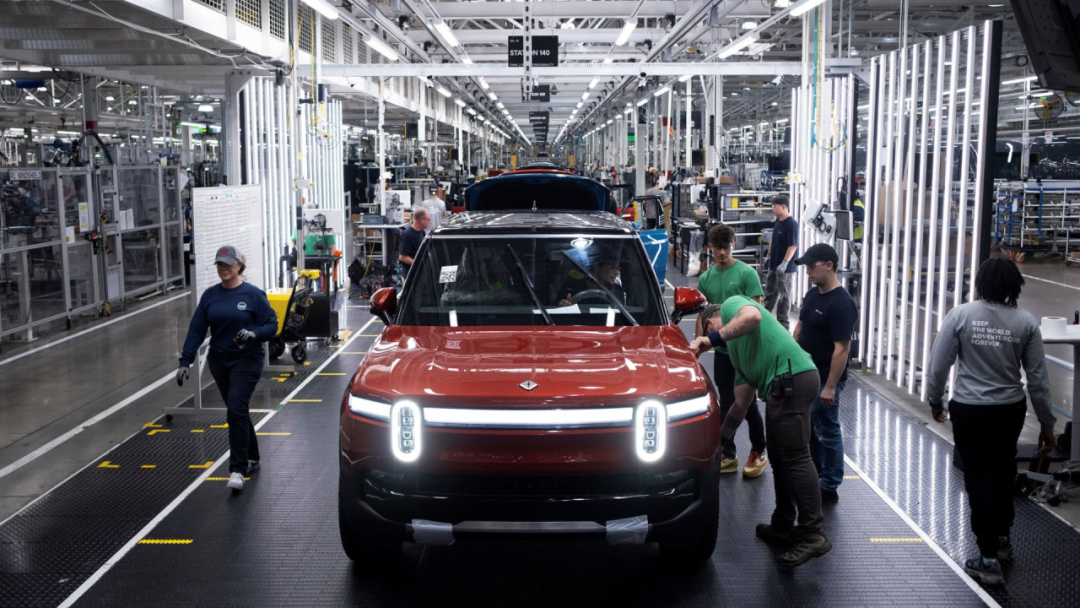
Rivian's founder and CEO R.J. Scaringe said that this investment will provide Rivian with the necessary funds to help launch a mid-size SUV called R2, as well as the planned R3 crossover, and complete the construction of the Georgia plant. Due to lack of funds, Rivian stopped the construction of the Georgia plant as early as March, saving over $2 billion.
Moreover, the most crucial point is that this will also help Rivian achieve positive cash flow growth.
02 What's the Difference from Investing in XPeng?
The most intuitive difference is the investment amount.
Volkswagen invested $5 billion in Rivian and 5 billion yuan in XPeng, with the former being about 7 times more than the latter. Of course, the $5 billion also needs to be split, with $1 billion holding Rivian's shares, and $4 billion being additional investment for the joint venture.
From this comparison, it is apparent that the cooperation threshold between Volkswagen and Rivian is significantly higher, while XPeng's conditions are relatively attractive. Volkswagen invested 5 billion yuan in XPeng, holding approximately 4.99% of XPeng's equity. Currently, Volkswagen has invested $1 billion in Rivian, but has not specified the specific shareholding.
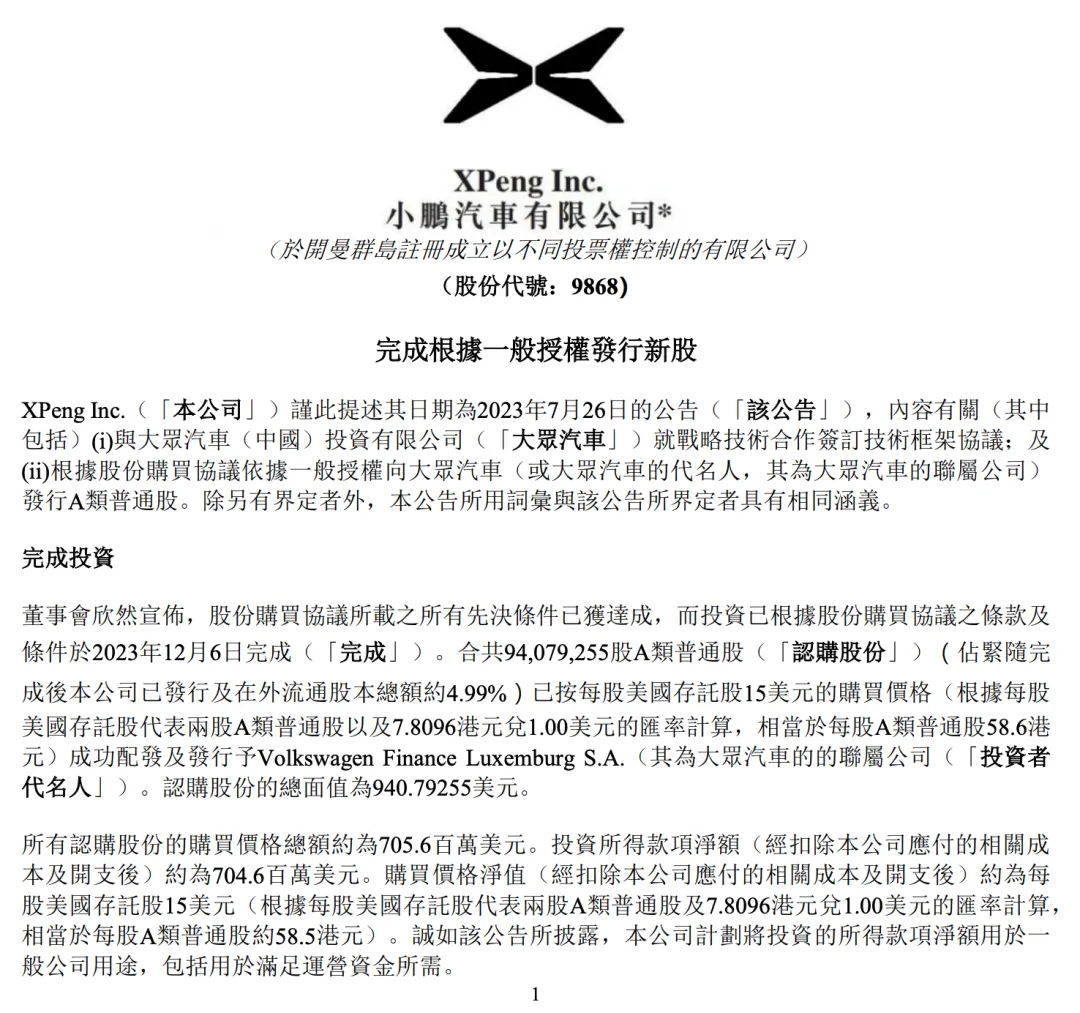
However, Volkswagen is using different money to point to similar results.
For example, the collaboration with Rivian focuses on vehicle architecture and software. The new joint venture will be "equally controlled and owned" by both parties, meaning that the new company will be formed in a 50:50 ratio.
Volkswagen's collaboration with XPeng also has phased characteristics. For example, Volkswagen first acquired 4.99% of XPeng's Class A common shares last July, which belonged to equity investment and strategic technology collaboration. In February this year, the two parties signed a joint procurement plan.
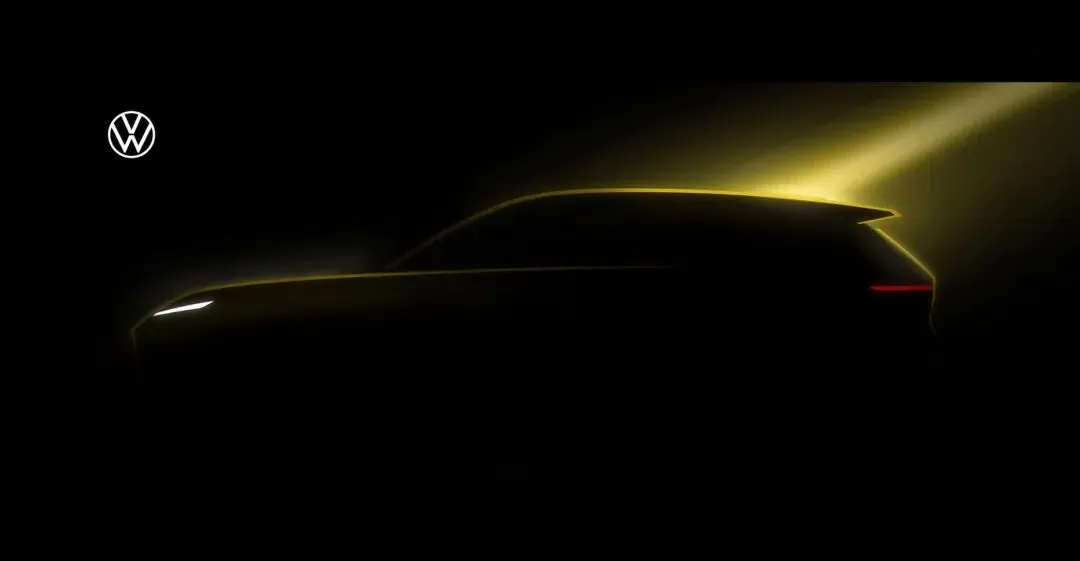
By April this year, the collaboration between the two parties had further deepened, which is Volkswagen's real purpose - technology collaboration. The two parties will jointly develop based on XPeng's latest generation of electronic and electrical architecture and integrate it into Volkswagen's CMP platform in China. This platform is an electric vehicle architecture tailored by Volkswagen specifically for the Chinese market, developed locally in China, and targeted at entry-level models in the A-segment mainstream market for the Chinese market.
In a nutshell, the collaboration between Volkswagen and XPeng is mainly oriented towards the Chinese market, with products covering the development of two B-segment electric vehicles under the Volkswagen brand based on the XPeng G9 platform, as well as covering the A-segment mainstream market.
If Volkswagen's previous collaboration with XPeng was a compromise to the market, its collaboration with Rivian has been long-planned.
Volkswagen and Rivian's joint venture has a stronger purpose. First, Volkswagen does not have a significant share in the large SUV and pickup truck market in the United States, and its electric SUV ID4 is not very popular. Collaborating with Rivian can give it a foothold in this segment market.
Moreover, Volkswagen's new brand Scout will also be equipped with Rivian's software. Scout, a brand new brand, is mainly oriented towards pure electric off-road vehicles and pure electric pickup trucks, and its first model is a pure electric hardcore off-road vehicle.
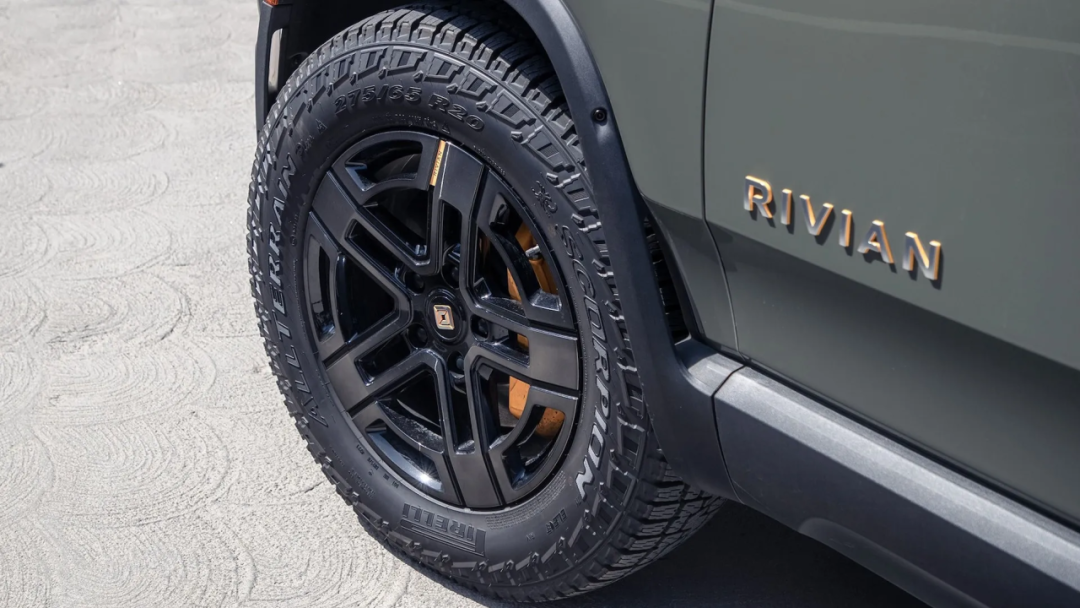
Both in terms of brand positioning and model, this aligns very well with Rivian.
According to the plan, Scout will soon release its first model. Currently, the brand is building a factory in South Carolina, USA, to assemble pickup trucks and SUVs with the same positioning as Rivian's models. The factory is scheduled to go into production by the end of 2026.
Volkswagen has high expectations for Scout, aiming to conquer the North American market. Therefore, Scout is not just a new automotive brand but also an important part of Volkswagen Group's strategic layout in the US market, and its importance is self-evident.
Volkswagen's significant investment in Rivian at this time is obviously paving the way for Scout. Moreover, Volkswagen's software capabilities are indeed concerning, and its software department Cariad has been struggling. Currently, there are not many options for new players in the US market, unlike in China.
Even though Musk believes that "Rivian's days are numbered," with Volkswagen's financial prowess, Rivian can still provide significant assistance to Volkswagen. However, compared to XPeng, the investment amount is indeed quite large.

